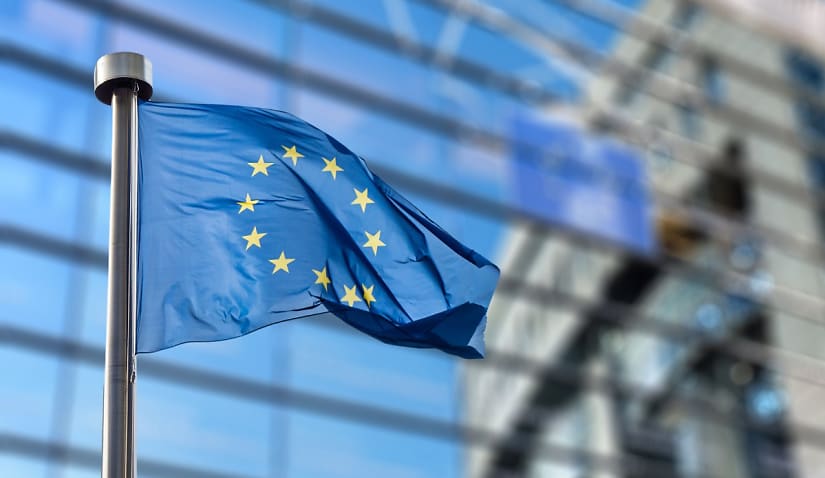The European Parliament’s recent approval of the new corporate due diligence directive has sparked calls from Australian civil society organisations for the Australian government to follow suit and establish stronger measures to protect people and the environment.

Last week, the European Parliament announced the approval of a new due diligence directive. This directive mandates that companies and their “upstream and downstream partners, including supply, production and distribution, to prevent, end or mitigate their adverse impact on human rights and the environment”.
Companies that fail to abide by the new directive may be subject to “significant fines and civil liability”.
The EU Parliament’s approval of this directive has led to “a coalition of human rights advocates, unions, faith groups, and academics”, encouraging the Albanese government to implement similar due diligence obligations into Australia’s Modern Slavery Act 2018.
In March, these civil society organisations submitted an open letter to Attorney-General Mark Dreyfus, urging stronger modern slavery laws.
The matter of addressing modern slavery is of great significance as the Global Slavery Index revealed the alarming statistic that approximately “41,000 people in Australia live and work in situations of modern slavery”.
It is worth noting that the possibility of incorporating mandatory due diligence requirements into the Modern Slavery Act is not a new idea. In fact, as recently as last year, Professor John McMillan proposed such measures when he led an independent statutory review of the act.
In this review, McMillan discovered that there is a “growing international conviction – a global norm – that due diligence processes must be the core strategy for addressing human rights abuses and modern slavery practices … in corporate supply chains”.
However, the government has “yet to formally respond to the review”.
Professor Justine Nolan, the director of the Australian Human Rights Institute, expressed the need for Australia to strengthen its laws to ensure they align with those of global companies.
“Global trends are requiring companies to be more transparent about their human rights and risks and to take action to address them. Australia is playing catch-up, and our laws need to be strengthened to ensure an even playing field for all companies on the global stage,” Nolan commented.
Grace Forrest, the founder of Walk Free and global commissioner of the Global Commission on Modern Slavery & Human Trafficking, emphasised the importance of implementing due diligence in legislation to ensure that companies are taking adequate measures to protect their employees.
“The directive will strengthen protection for workers across the globe. The inclusion of penalties means that companies will take this seriously. Australia’s Modern Slavery Act is inadequate – our research shows that it has been ineffective in getting companies to take real action to protect people from modern slavery.
“Australia is now lagging behind, and we must move quickly to introduce similar standards here. Australian businesses that export to the EU will be implicated if they can’t demonstrate how they meet these due diligence standards. Strengthening the Australian Modern Slavery Act to include due diligence does not only make good business sense, it will be essential to protect tens of millions of people in forced labour around the world,” Forrest stated.
Carolyn Kitto, the co-director of Be Slavery Free, highlighted the importance of collective action in achieving real change.
“In 2018, we boasted that we were leading the world in our actions on modern slavery, and we were. We can no longer make that claim. The only way we can do that is together, government, business and civil society each playing their role.
“We now have a chance to make real change for victims, by strengthening our modern slavery law so large companies have an even playing field to take real action to address their slavery risks, not just report on their efforts,” Kitto said.